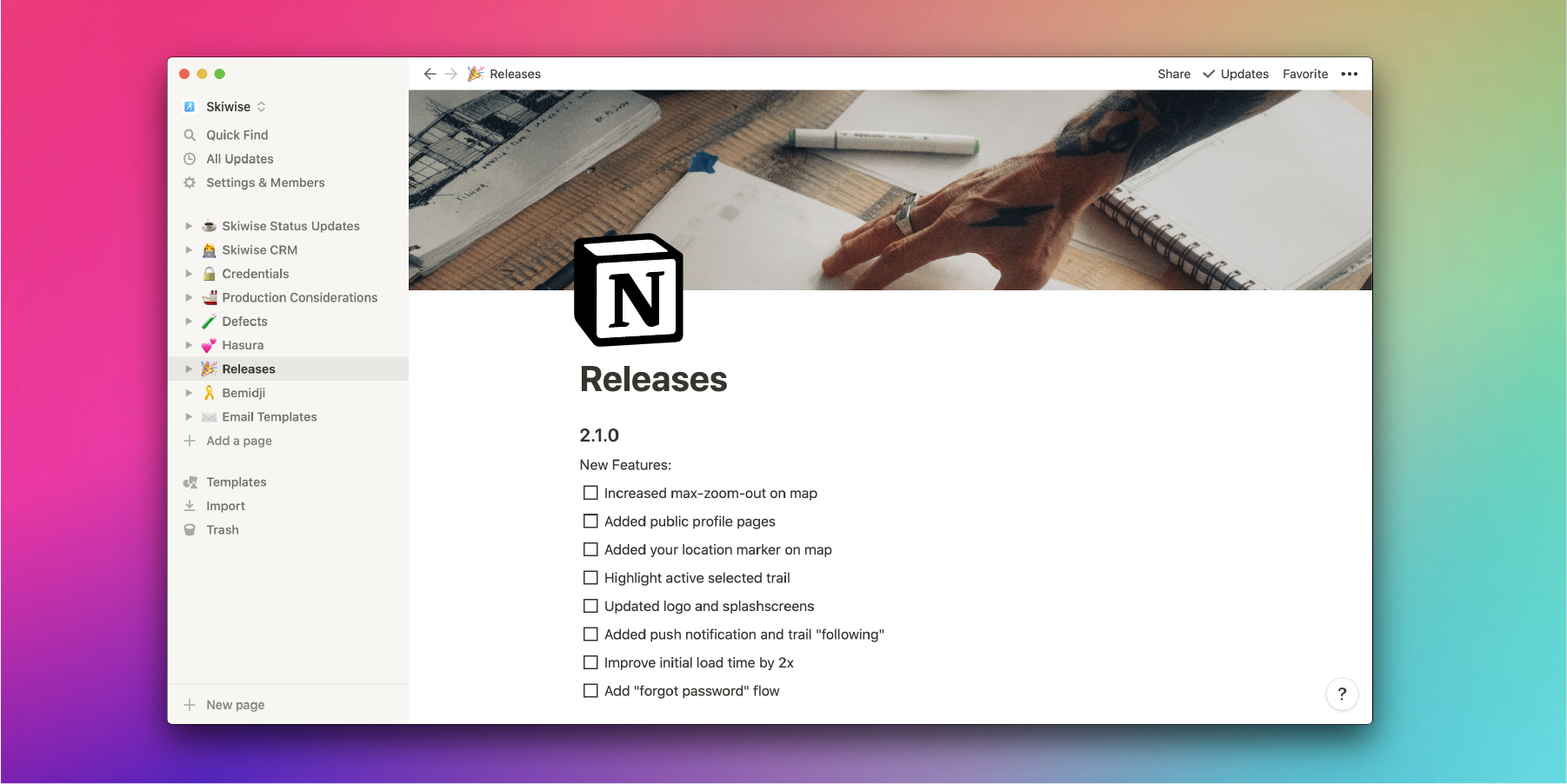
I’ve been using Notion as a core tool for my business for almost a year now. In that time, this tool has crept up into more and more use-cases. Between roadmapping, documentation, CRM, onboarding, email templates, etc, I sometimes wonder if there’s anything Notion can’t do.
So a couple months ago, I decided to double down on Notion.
I started a journey to merge as many pieces of my business under the Notion umbrella so everyone could collaborate on things as easily as possible.
Needless to say, it’s been a great success so far. So without further ado, I’d like to share these resources so others can take these tips to their companies as-well.
The 7 Essential Integrations
1. Engine.so
Turn Notion Docs into a self-serve public knowledge base for your customers
![[image from: https://engine.so]](https://unicorn-s3.b-cdn.net/en-og-01-xc93p.png)
Engine.so allows my team to write documentation in Notion and easily publish it for our customers. We use this for everything. From help-guides to technical documentation, there’s not many use-cases Engine doesn’t handle with ease.
Engine has also been great for productivity. Now everything is done in one place. I can go in and edit documentation, then a developer can later modify it and a support rep can later tweak the wording. All in notion.
Plus, Engine.so makes the public docs look presentable to clients. Engine adds smooth navigation, prebuilt widgets, full-text search, and embed-ability to every page of our docs.
The real kicker, though, is the full-text search across the whole knowledge base. That’s a killer feature when my customers are trying to find important information quickly.
At $19/site/month it’s a great deal for any business looking to be serious about their public documentation.
2. MDX.one
Write blog posts in Notion and publish them to the web using MDX.one.
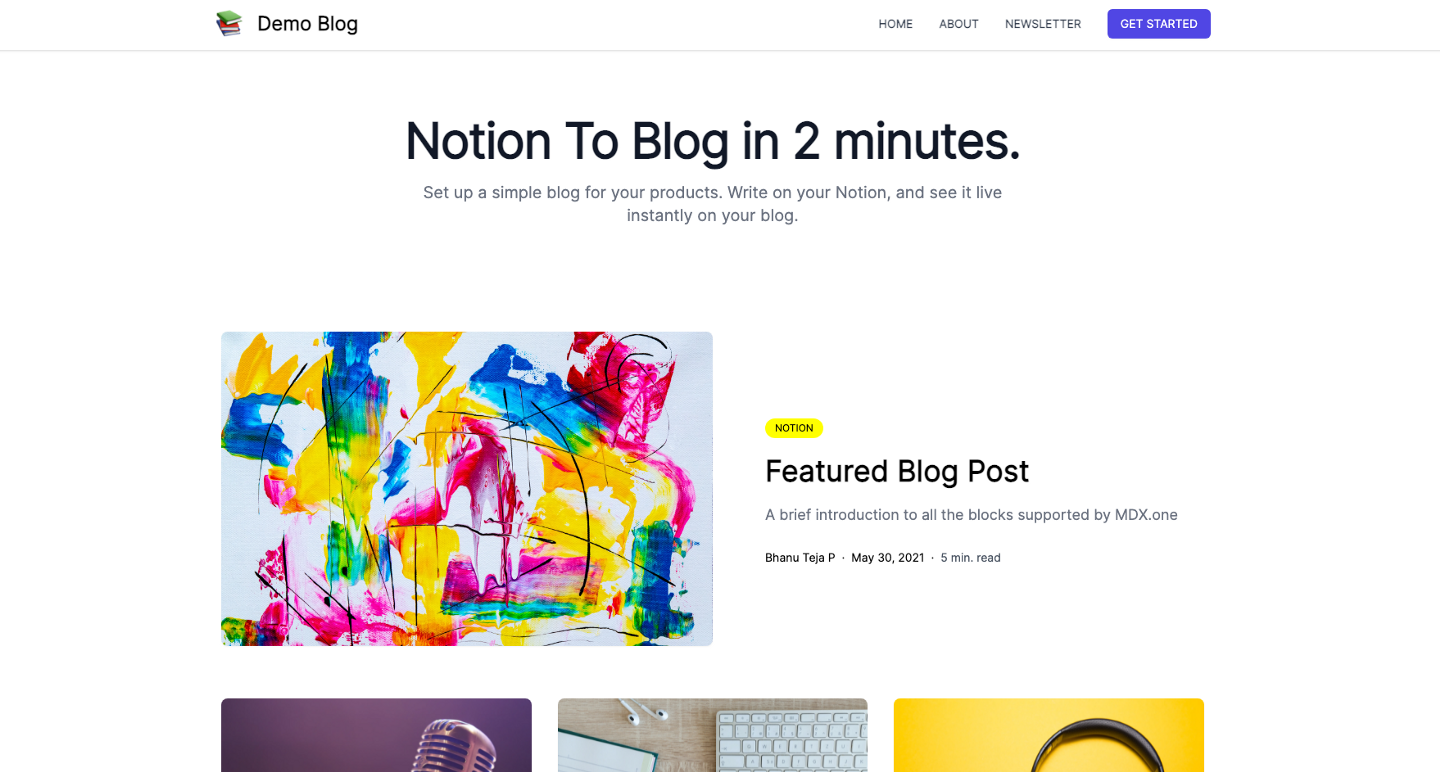
MDX.one once again puts Notion at the center of your company. Now you can do all your content marketing planning in Notion, and also publish from Notion.
This is once again a dream for collaboration, since all the work can be done in once place. Publishing is easy, and the blog it creates is simple and well designed.
3. Chilipepper
Create beautiful forms connected to your Notion pages.

Chilipepper is the perfect compliment to Engine.so and MDX.one. It lets you add forms to your public-facing notion pages and have the responses feed directly into your Notion tables.
Here’s some use-cases I use for this:
- Adding a feedback form to our help-guide pages
- Adding a “sign up for newsletter” form to our blog posts
4. Notion Enhancer
Add essential features to Notion: Tabs, adjustable width pages, hotkeys and more
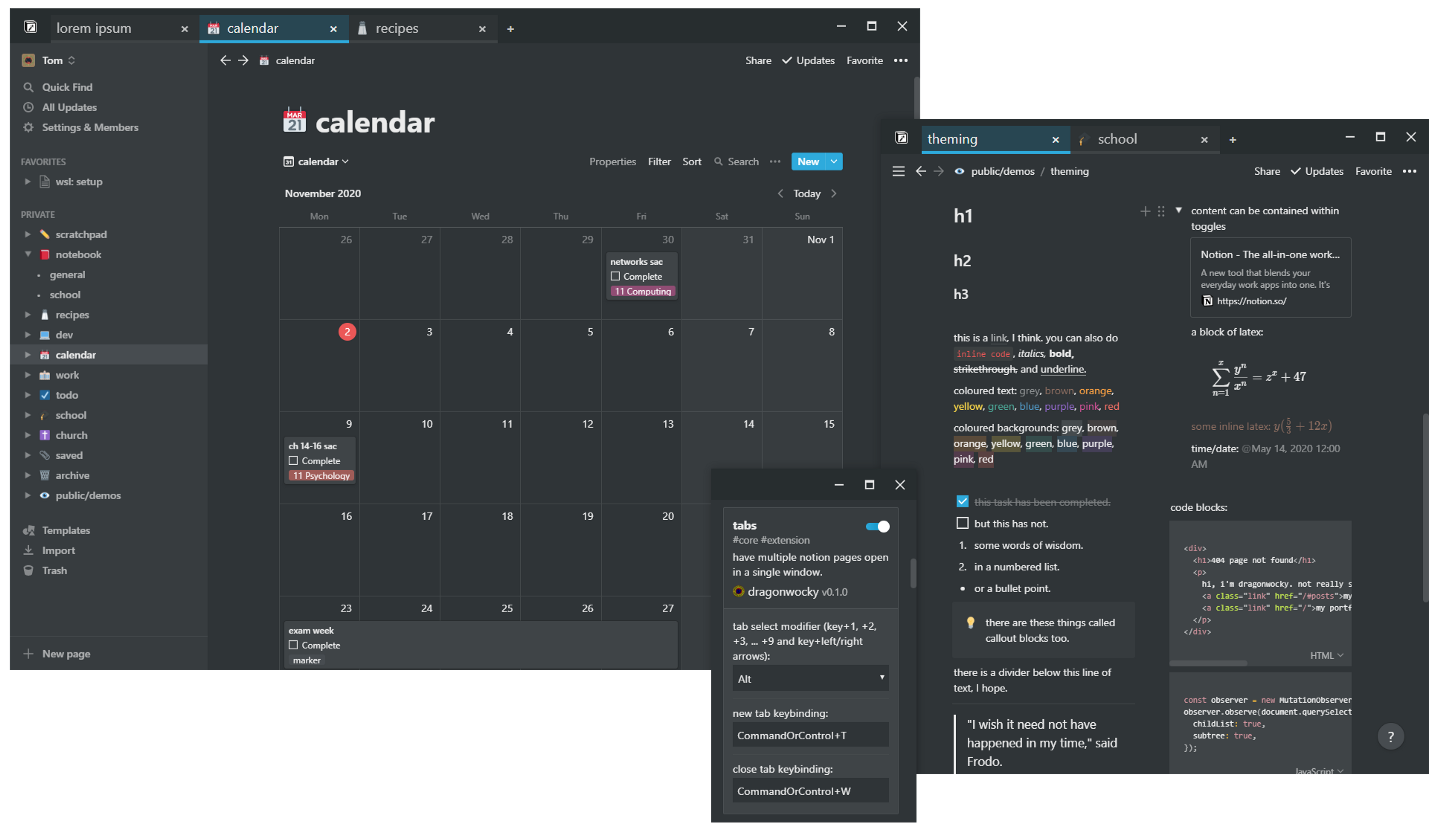
Our business use-case for Notion Enhancer is tabs. This small feature is incredibly useful for boosting your team’s productivity in Notion.
It means we can edit some data on one tab, then compare to last weeks data on another tab. If you’re using Notion in the browser, this addon is kind of redundant. But, if you like the desktop app, I highly recommend it!
5. Notion Web Clipper
A chrome extension to save any website into Notion.
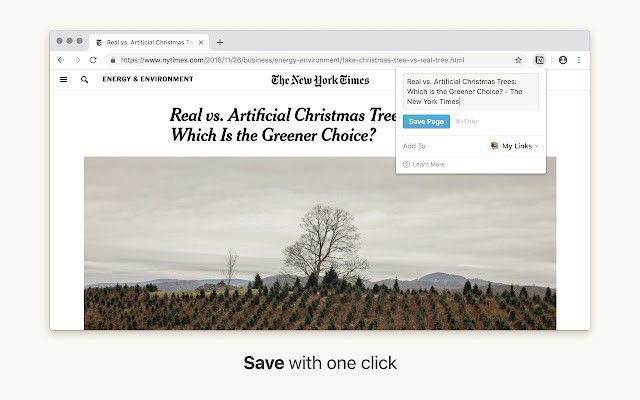
This is great as a sort of “better bookmarks” add-on for Notion. It lets you easily compile repositories of useful information for yourself and share with your team easily in Notion.
6. Notion Boost
A chrome extension to boost Notion productivity with 15+ customizations.
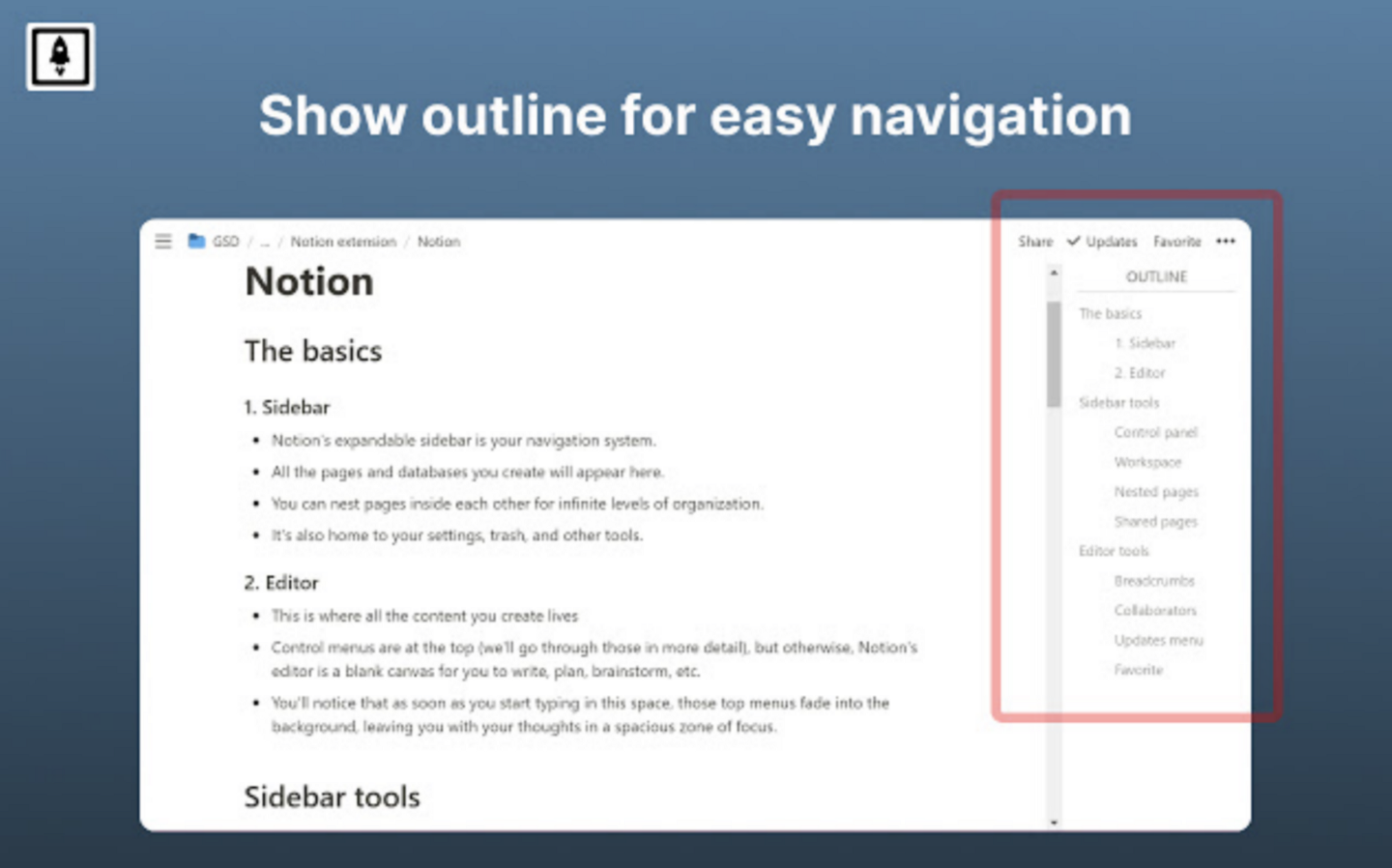
In the same vein as Notion Enhancer, this integration brings those features to the web version of Notion as-well. If your team’s workflow involves the web version of Notion, this is a great addition.
Some of the most useful features:
- Show line numbers for code blocks
- Change page defaults
- Modify fonts
- A table of contents sidebar for large notion pages
It’s also free, did I mention that?
7. Notion Icons
The easiest way to use gorgeous icons in Notion.
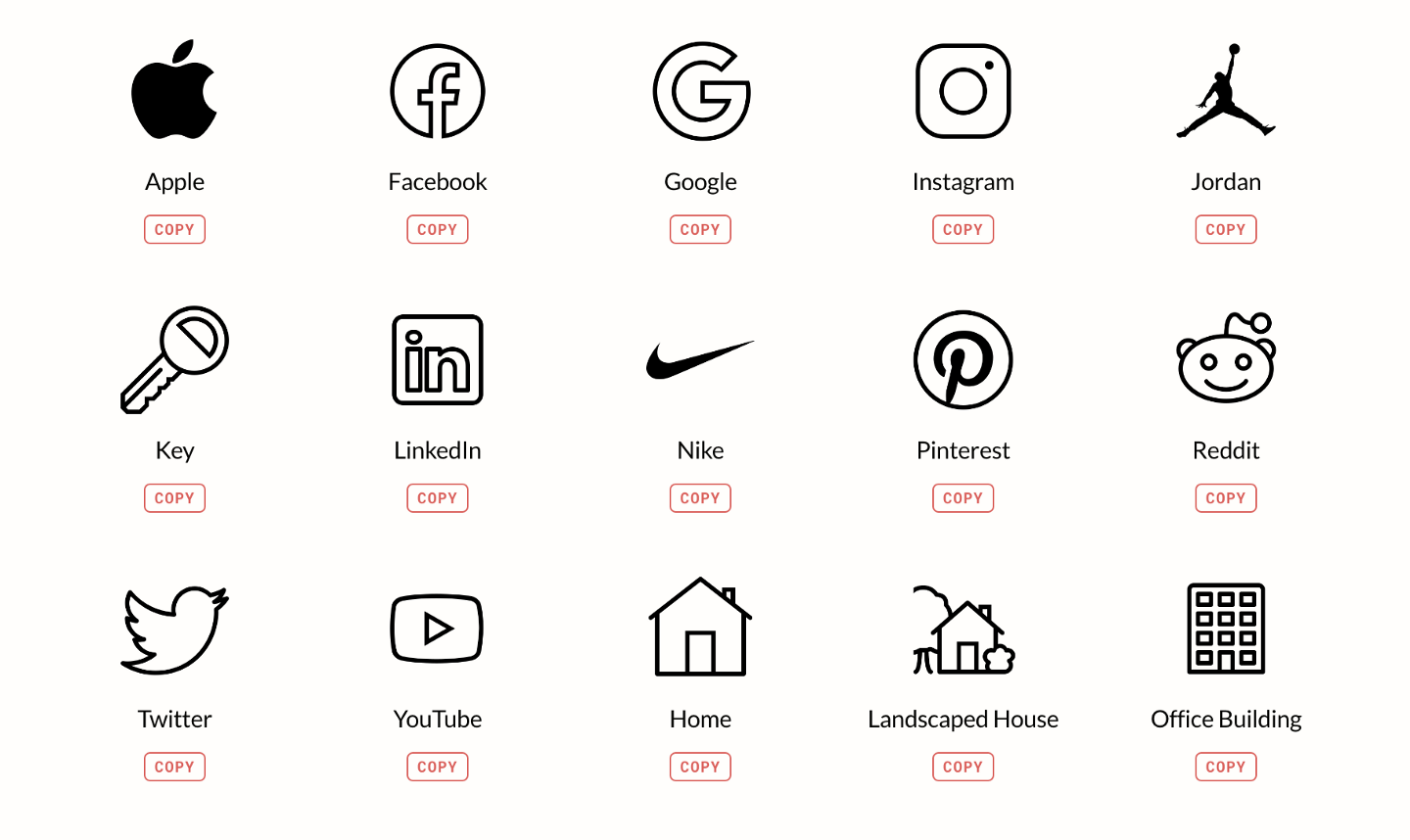
Notion Icons is great if you want to enforce a unified style-guide for all your Notion pages. It works great to make your company’s Notion feel unified and cohesive.